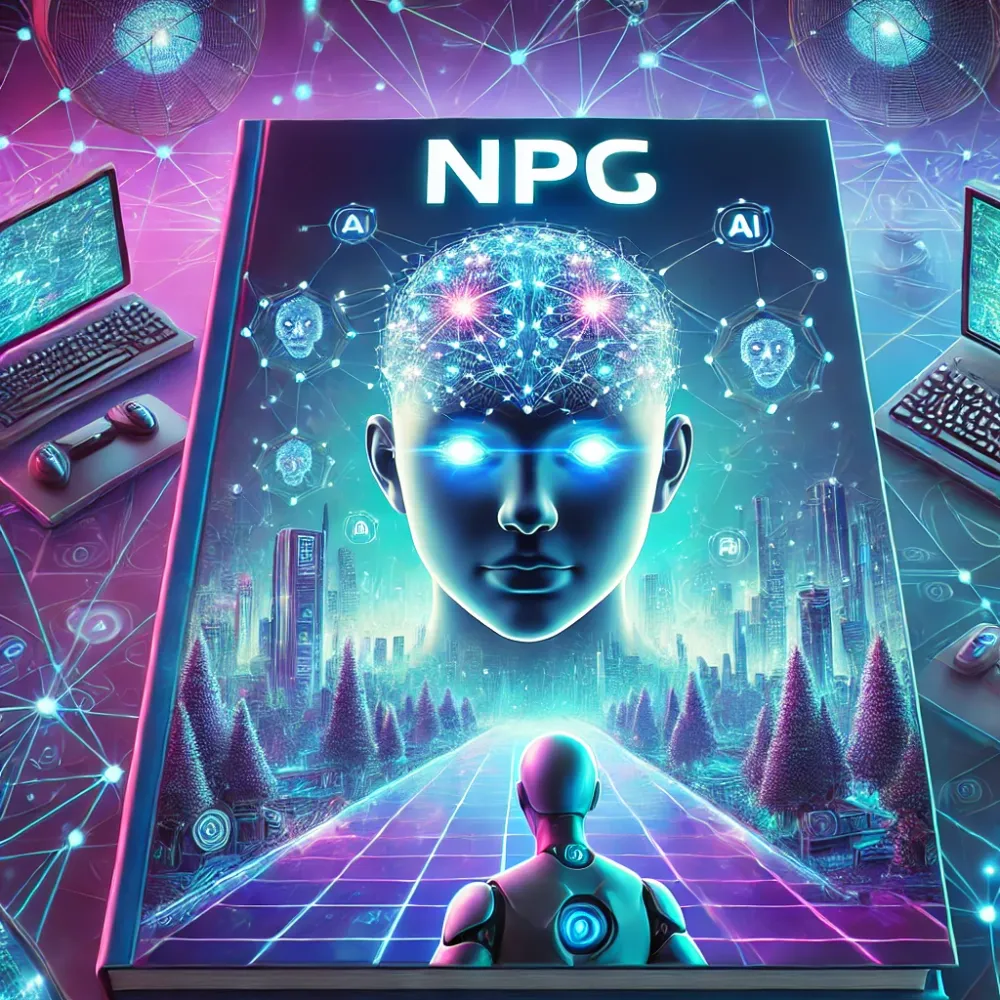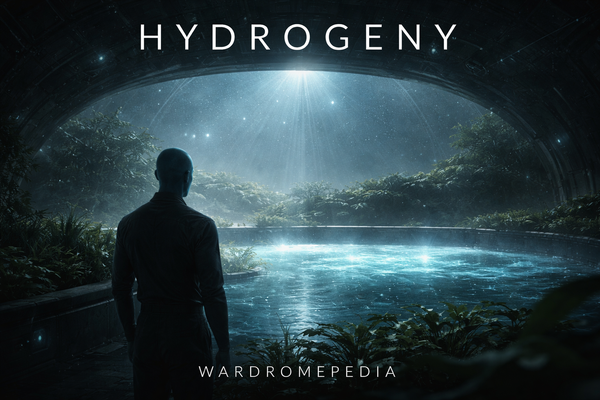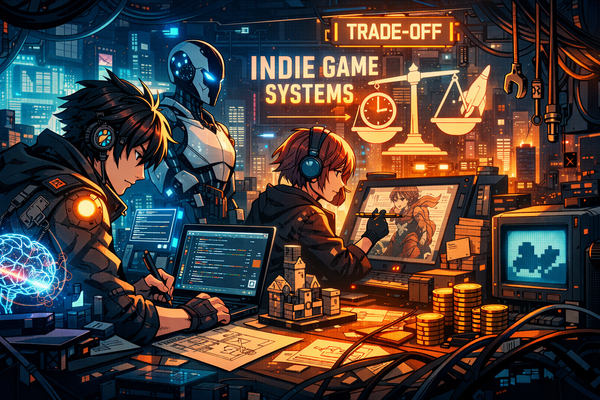AI-Driven NPCs: How machine learning is enhancing game characters
In modern gaming, Non-Playable Characters (NPCs) are essential for creating immersive and dynamic experiences. Advancements in artificial intelligence (AI) and machine learning have significantly enhanced NPC behavior, making them more realistic and responsive to player actions.
The evolution of NPC intelligence
Traditional NPCs operated on scripted behaviors, leading to predictable and repetitive interactions. Early AI implementations, such as Finite State Machines (FSMs) and Behavior Trees, provided limited adaptability. The introduction of machine learning algorithms has revolutionized NPC behavior, enabling them to learn from player interactions and adapt accordingly. This shift allows for more dynamic and engaging gameplay experiences (iPositively).
Enhancing realism with AI
Machine learning techniques, including reinforcement learning, have been instrumental in developing NPCs that can learn and adapt to player strategies. By analyzing player movements and decisions, NPCs can adjust their tactics, resulting in more realistic and challenging interactions. This adaptability enhances the overall gaming experience by providing a sense of unpredictability and depth (Machine Learning Models).
Natural Language Processing (NLP) in NPC Interactions
The integration of Natural Language Processing (NLP) allows NPCs to understand and respond to player dialogue in a more natural and meaningful way. Advanced language models enable NPCs to generate dynamic and contextually relevant conversations, making interactions feel more organic and engaging. This advancement contributes to deeper immersion and more personalized gaming experiences.
Case Studies of AI-Driven NPCs
- F.E.A.R. (2005): Utilized Goal-Oriented Action Planning (GOAP) to create NPCs capable of dynamic decision-making, resulting in intelligent and unpredictable enemy behaviors (Wikipedia).
- Middle-earth: Shadow of Mordor (2014): Introduced the Nemesis System, where NPCs remember past interactions with the player, leading to personalized and evolving relationships.
Challenges and ethical considerations
Despite the advancements, integrating AI-driven NPCs presents challenges, including balancing realism with performance constraints and addressing ethical concerns. Ensuring that AI enhances rather than replaces human creativity is crucial. Developers must navigate these challenges to create engaging and responsible gaming experiences (Polygon).
The application of AI and machine learning in developing NPCs has transformed gaming, offering more immersive and responsive experiences. As technology continues to evolve, NPCs are expected to become even more sophisticated, further blurring the line between scripted behavior and genuine intelligence.




